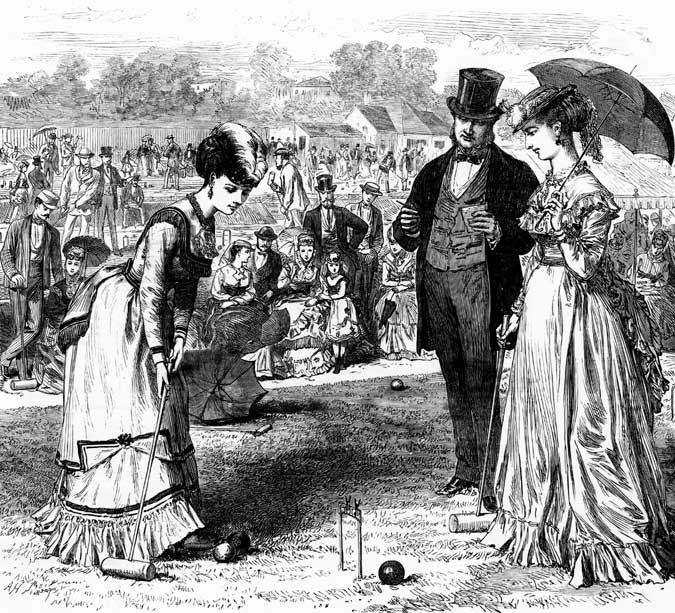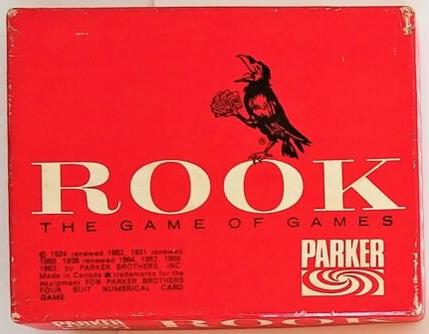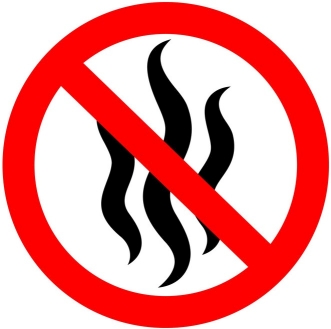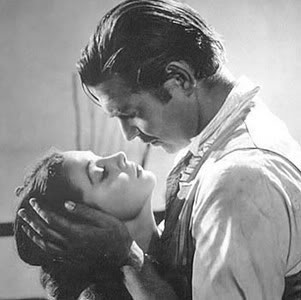Nobody in my family was what you would call a serious drinker. Dad had a can or two of Old Milwaukee or Pabst Blue Ribbon at the company picnic every summer. In the cabinet sat a couple of souvenir Hurricane glasses from New Orleans, about the only evidence that Mom ever imbibed. According to her, a Hurricane was the H-bomb of inebriation; it only took one to get the job done.
While hunting for some mislaid pan at Mom’s behest, I discovered a bottle of whiskey hiding out under the stove. It was so far back that I had to crawl partially into the cabinet to reach it. I suppose it was there for emergencies, such as if Dean Martin dropped by unexpectedly, or anesthesia was needed for a quick home appendectomy.
I had never encountered a drunken person in real life, but they looked like a lot of fun on TV. There the gently plastered did amusing things like put their hat on upside down or accidentally goose Sonny instead of Cher. You never saw them kneeling at the toilet beseeching Jesus to please, please just end it all.
One Saturday Mom and Dad were off surrendering some cash at the horse races. Unsupervised, I determined it was the perfect time to experience a new state of altered consciousness.
I dug out the whiskey bottle and poured myself 20 ounces in a Shakey’s Pizza Parlor glass. Not wishing to water it down and thereby risk continued sobriety, I skipped the ice.
I took a large swig, a mouthful to make Dionysus proud. My tongue pulled back in my mouth like a surprised possum and then rolled over and played dead. The whiskey tasted like kerosene with a dash of paint thinner to liven it up a little. Evidently the stuff had gone bad! Nobody would drink this on purpose! I poured the rest down the sink praying it would not eat the gaskets out of the plumbing.
A year later, my good friends Andy McGee and Richard Manson lit on a plan to make some homemade wine. I had never so much as tasted the fruit of the vine, but I knew it came in several lovely colors. Surely it tasted much, much better than dreary brown whiskey, right? In any case, I was always up for any diversion Richard and Andy’s fevered brains concocted.
For reasons now lost to time, we decided to acquire the ingredients in downtown Little Rock. Too young to drive ourselves, and adding to the sense of adventure, we caught a municipal bus there in southwest Little Rock.
It was blustery and cool when we stepped off the bus a couple of blocks from the central library. Downtown Little Rock was slightly seedy and lent the barest whiff of danger to our excursion, or maybe that was just residual smell from that one old guy on the bus.
Only moments after our debarkation, a few scraps of paper blew past on the sidewalk. A fleeting glimpse of Colonel Harlan Sanders caused us to chase down the papers. To our delight, each was a coupon for a free meal at Kentucky Fried Chicken, which is what they called KFC before “fried” became synonymous with “greasy death food.”
At the restaurant, the manager asked us to write our names and phone numbers on the forms. Andy and I obliged without a thought, but Richard was worried and so filled out a fake name. He later told us that he had given the name “Dick Richards”, which cracked Andy and me up. We decided that we would henceforth be “Andy Andrews” and “Steve Stevens.”
Richard, Andy and I wandered into the Mount Holly Cemetery, where we saw the graves of great and famous Arkansans, glorious namesakes of parks, elementary schools, and sewage plants. Among the angels and crosses, we fired up cheap cigars to enhance the sheer joy of being young, alive, and most especially, naughty.
I remembered that slug of whiskey had tasted bad, alright, but my cigar was running neck and neck for the sweepstakes. Dirt off old shoes might have been more palatable, but bravado dictated that I enjoy my cheroot to save face, no matter how green it became.
“You boys shouldn’t oughta be here!” I jumped so hard my cigar went flying. A previously unseen groundskeeper in dusty overalls stepped out from behind a nearby monument. His eyes suggested origins in a dangerously inbred Ozark society, the kind that might eat 14 year-old boys for a mid-afternoon snack. I was pretty sure I heard the twang of distant banjos. We skedaddled the hell out of there without a second thought for my mislaid stogie.
After a bit more meandering, we took the bus back home and bought the grape juice at Safeway.
We mixed up the juice with water and yeast, and poured it into gallon size jugs. We capped the bottles with condoms, thereby allowing the fermentation gases to expand without breaking the containers.
We proudly lined up the jugs on a shelf in Richard’s room. There the wine simmered gently, awaiting recorking in bottles more appropriately sized to hide in a certain hollow log near school.
As the wine fermented, the condoms swelled until they were comically huge. They resembled nothing so much as beige balloons at an uncommonly dull circus. Just before the wine was ready, one of the condoms exploded, spewing yeasty purple gunk everywhere.
Richard’s mom, a wonderful lady with a great sense of humor, wagged a cautious finger at him and said, “Now Richard, let that be a lesson to you!”







